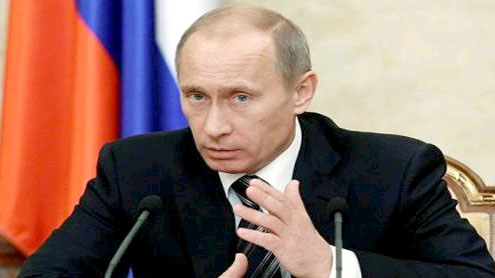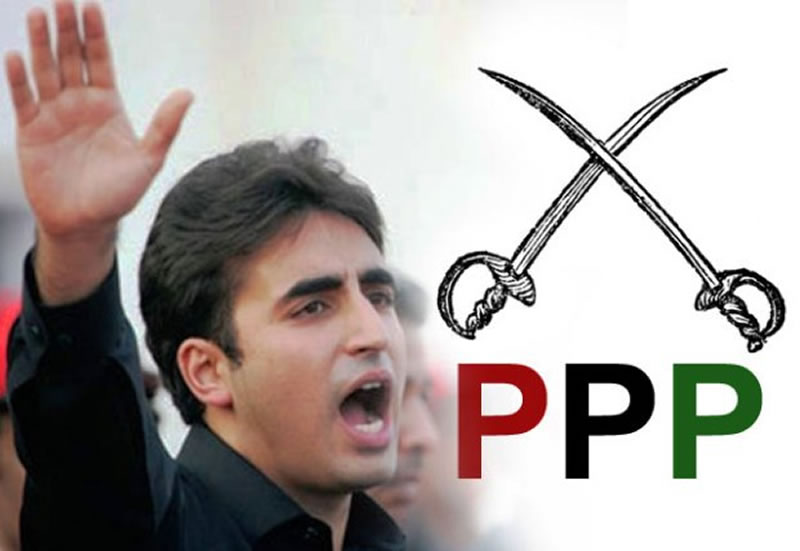 President-elect Vladimir Putin faces a thorny dilemma: He is averse to change, but now faces a political landscape that demands it. Although the recent protest in Moscow was relatively small, dissatisfaction runs deep and Putin can’t return to business as usual.
President-elect Vladimir Putin faces a thorny dilemma: He is averse to change, but now faces a political landscape that demands it. Although the recent protest in Moscow was relatively small, dissatisfaction runs deep and Putin can’t return to business as usual.
He needs to adapt but probably won’t – meaning that Russia is likely headed into a period of tumultuous and unpredictable politics.Putin’s predicament stems from his own missteps as well as tectonic shifts in Russia’s political landscape. For roughly the past two years, Moscow elites have grumbled about his leadership – voicing concern about modest growth rates and rampant corruption. “Face fatigue” also set in – many people in business and government simply became tired of Putin’s rule.
Against this background, Putin choreographed his return to the presidency in a manner that was perceived as arrogant and offensive by elites and many citizens. In last December’s parliamentary election, Putin’s party did considerably less well than expected. Even worse, widespread charges of election fraud led to a series of unprecedented protests in Moscow.
Politics has returned to Russia.Simultaneously, the government’s legitimacy is slowly eroding. Beneath the surface, Russia’s middle class had grown in size and become sufficiently affluent to assert its yearning for more accountability and less corruption. Growing Internet penetration in Russia also played a central role; about half of the population now uses the Internet, and social networking was a key element in bringing people out to protest.
Despite Russia’s growing troubles, the nation is not on the verge of dramatic instability, and change will come slowly. Foreign currency reserves stand at $511 billion and the economy continues to grow at a respectable rate of four per cent. Putin remains by far the country’s most popular politician, retaining strong support from blue-collar voters and in the regions.
So where is Russia headed? The answer is to a significant extent up to Putin, a man whose intellect and instincts lead him in very different directions. His mind is first-rate; his knowledge and analytic power are formidable. But Putin’s instincts naturally reflect his background as a Soviet intelligence officer. He doesn’t seem to trust what he can’t control, and democracy and markets are predicated on spontaneity and entropy. During his presidency, Putin focused on centralising political and economic power in Russia – and indeed he deserves some credit for restoring the Russian state.
Moreover, Putin faces three new constraints that augur stagnation and increasing turbulence: his relative weakness, the emergence of an opposition and a thin margin of error. Extrapolating from the recent elections, Putin has the support of perhaps 50 per cent of the voting population. Putin’s weakened status – and the erosion of legitimacy that flows from it – will make governance more difficult. Bureaucrats will take a more tentative approach toward implementing Kremlin initiatives, especially ones that might elicit public ire. Governors will not only be looking to Moscow for direction, but also over their shoulders for potential regional unrest, complicating their ability to govern.
The new opposition movement will also constrain Putin. It is diverse, encompassing middle class liberals, leftists and nationalists. The protests will dwindle in coming months, as opposition leaders plot a longer-term strategy. But the middle class will remain committed, especially because their real incomes are stagnating as their expectations rise. And the core complaint – corruption – will keep the movement vibrant. Putin is likely to shy away from addressing corruption in a comprehensive way; to do so would probably mean bringing down people in high-profile positions on whom the system depends.
Finally, Putin will be challenged by the thin margin of error facing his government. A tragedy resulting from, say, the dilapidated state of Russian infrastructure would likely elicit very strong public condemnation. Government plans to raise gas tariffs this summer could, unless skillfully implemented, easily set off protests among Putin’s base: blue-collar voters in the regions. Also, Russia’s fiscal situation is extremely dependent on high oil prices; this year’s budget balances at a record $110 per barrel.
Upon his return to the presidency, Putin will likely pursue a largely status quo policy, with some halting, chiefly cosmetic reforms. He will continue populist spending patterns, even though spending has not quelled the protests. Beyond that, he will be hemmed in by these myriad constraints.Barring an unlikely confluence of crises, Putin will complete his new term. But even a flicker of doubt about his ability to last six more years shows how profoundly Russia has changed. – Khaleejnews












